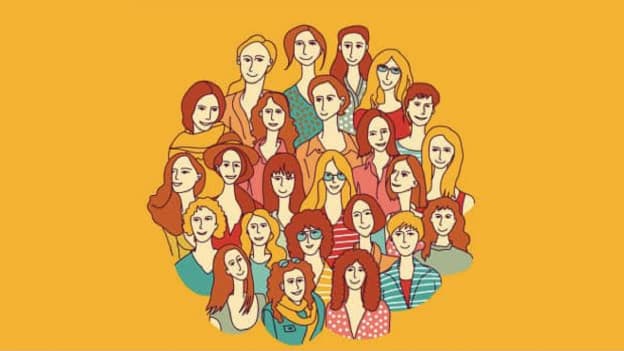We need more women professionals: Quantum tech companies

At an estimate, less than 20 percent of the professionals in the budding quantum technology industry are women. And that is a problem, said industry figures at a panel on quantum talent earlier this week: there is a huge gender gap in the industry, one which might take 258 years to close if nothing changes.
“It’s a problem starting to kick in at early stages,” said Yvonne Yuan Gao, a scientist at R&D statutory board A*Star. Speaking on the panel, which was organized by SGInnovate and the Center for Quantum Technologies, she pointed out: “Girls are saying that physics and mathematics are too hard, these are subjects for boys, and letting it guide their choice of what course to take in university. That self-selecting process means that when we are hiring at undergraduate level, we are getting fewer and fewer candidates.”
Agreeing, Tommaso Demarie, the CEO of quantum machine learning startup Entropica Labs, told the panel that without women in the industry, companies like his are only getting access to half the talent pool. “I want to get the best people to work with us and it seems that right now, we are failing to,” he said.
To begin with, there are many reasons why people do not enter the industry: uncertainty about the future of the companies working with the technology, lack of clarity about what the technology actually involves, even the impression that it is only for laboratory workers. And all these are exacerbated for women.
For instance, the most lacking skills right now are physicists, mathematicians, and computer scientists, said Denise Ruffner, the chief business officer of Cambridge Quantum Computing. But the specialized educational programmes that would turn out these professionals are few and far between—and on top of that is the prevailing impression mentioned by Yuan, that the “hard” sciences are not for women.
Compounding that is a lack of role models and insufficient outreach. “We don’t have enough women to start with, so it seems intimidating, and women are turned away,” Yuan observed. The profession urgently needs to get more women and girls into the small but growing quantum community to stop this vicious cycle, she said; people have to be convinced to step through the perceived barrier of gender bias.
There is hope, though, as the next generation of young people grow into their interests. Among the panel’s audience were several pre-university students, including at least one girl who told People Matters that she and her friends were attracted to quantum technology after reading or watching science fiction that mentioned it, and are now interested in learning more.
“It’s attractive to us because of the speed and advancement,” said Tarunyaa Sivakumar, an A-level student at NPS International School. “What would keep us interested is seeing some applications in the real world. The current theories seem so untouchable, but if it can be translated into the real world, to meet real needs, we would want to know more and even work in the field one day.”
With quantum startups proliferating as the technology slowly becomes better understood and applied to solve problems in fields such as the life sciences, materials engineering, and machine learning, the day may not be too far off when the hopes of Sivakumar and her friends are realized.
















